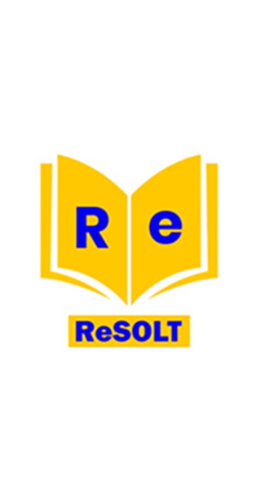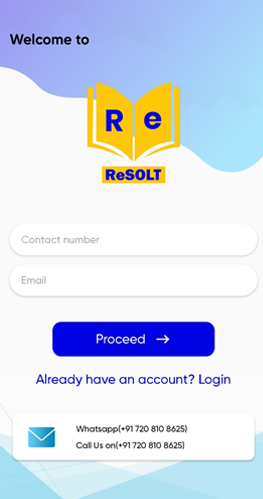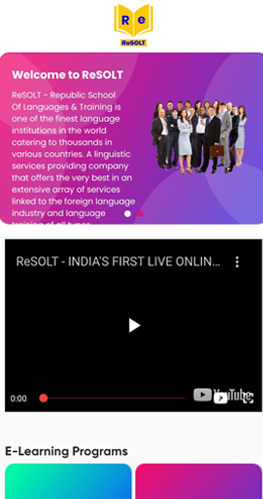Learning a new language can be both exciting and daunting, especially when it comes to mastering verb conjugations. If you’re a beginner delving into the world of the Korean language, fear not! With dedication and the right guidance, Korean verb conjugation can become your key to unlocking fluent communication. This beginner’s dream guide aims to demystify Korean verb conjugation, making it an enjoyable and rewarding journey.
Understanding the Basics
Before diving into the intricacies of conjugation, let’s grasp the fundamentals. In the Korean language, verbs consist of stems and endings. The stem is the root form of the verb, while the ending changes depending on various factors such as tense, formality, and subject.
1. Tense
Korean verbs have three basic tenses: present, past, and future. Each tense requires a specific set of endings to convey the appropriate time frame. For example:
Present tense: -아/어요 (-a/eoyo) for regular verbs, -해요 (-haeyo) for verbs ending in a consonant.
Past tense: -았/었어요 (-at/eosseoyo) for regular verbs, -했어요 (-haesseoyo) for verbs ending in a consonant.
Future tense: -겠어요 (-gesseoyo) for all verbs.
2. Politeness Levels
In Korean, politeness is crucial, and verb conjugation reflects this aspect of the language. There are various politeness levels, but for beginners, it’s essential to focus on two:
Polite/formal: -아/어요 (-a/eoyo) endings.
Plain/informal: -아/어 (-a/eo) endings.
3. Subject Honorifics
Korean also utilizes honorifics to show respect to the subject of the sentence. The honorific endings are added to the polite form of the verb, further enriching the language’s social nuances.
4. Practice Makes Perfect
As with any language, practice is the key to mastery. Here are some effective tips to enhance your Korean verb conjugation skills:
- Start with Regular Verbs: Begin by learning regular verbs as they follow predictable patterns in conjugation. This will build your confidence and understanding of the language’s structure.
- Use Flashcards: Create flashcards with verb stems on one side and different endings on the other. This will help reinforce your memory and recognition of conjugations.
- Engage in Conversations: Immerse yourself in Korean conversations, whether through language exchange partners, language classes, or online communities. Speaking and hearing the language in context will solidify your understanding of verb usage.
- Practice with Sentences: Instead of focusing solely on individual verbs, practice conjugating verbs in sentences. This will help you apply the appropriate endings based on the context.
- Be Patient and Persistent: Learning a new language takes time, so be patient with yourself. Consistent effort and practice will lead you to success.
Conclusion
Korean verb conjugation might initially appear daunting, but with this beginner’s dream guide, you’re well on your way to mastery. Remember to understand the basics of tense, politeness levels, and subject honorifics. Embrace a positive attitude, stay persistent, and soon enough, you’ll be confidently expressing yourself through the beautiful Korean language. If you want to learn Korean Language then you can join Korean classes in Mumbai at ReSOLT



















